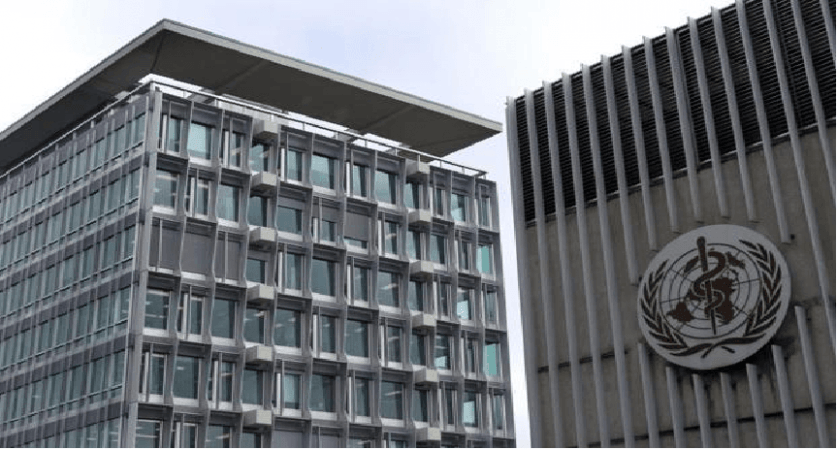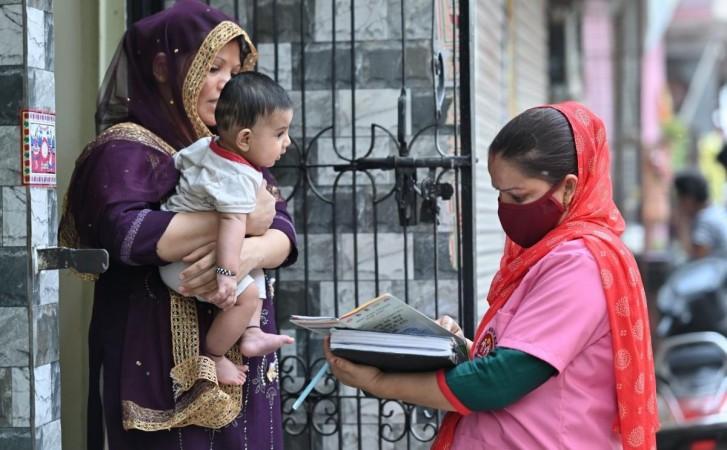The World Health Organization (WHO) has honoured India's more than one million Accredited Social Health Activists (ASHA) for connecting people with healthcare services.
ASHA, which means "hope" in Hindi, are among the six recipients of Global Health Leaders Award at the ongoing 75th World Health Assembly.

ASHAs are trained female volunteers who take healthcare services to rural, marginalised, and hard-to-reach communities across India. They provide maternal care and immunisation for children; community healthcare; treatment for hypertension and tuberculosis; and services for nutrition, sanitation, and healthy living.
ASHAs "play a critical role in India's primary healthcare system, including during the Covid-19 pandemic, providing essential health services to millions of people. In Hindi, ASHA means hope. And that is exactly what the ASHAs deliver", the WHO said in a statement.
In a tweet, Prime Minister Narendra Modi on Monday said that he is "delighted that the entire team of ASHA workers have been conferred the WHO Director General's Global Health Leaders' Award".
"Congratulations to all ASHA workers. They are at the forefront of ensuring a healthy India. Their dedication and determination are admirable," he added.

Health Minister Mansukh Mandaviya has also extended his greetings to all the ASHA workers.
"Congratulations to all the ASHA workers on being conferred the award. ASHA workers are at the forefront of healthcare delivery and played a key role in the country's response to the prevention and management of Covid-19," he tweeted.
The Global Health Leaders Awards recognises outstanding contributions to advancing global health, demonstrated leadership and commitment to regional health issues.
The award also recognised late Dr. Paul Farmer, former Chair of Department of Global Health and Social Medicine at Harvard Medical School, for his contribution towards providing direct healthcare services, research and advocacy for those who are ailing and living in poverty; Dr. Ahmed Hankir, British-Lebanese psychiatrist, for his anti-stigma programme that blends in the power of performing arts and story-telling with psychiatry, he is Senior Research fellow at the Centre for Mental Health Research in association with Cambridge University; volleyball player Ludmila Sofia Oliveira Varela for facilitating access to sports as an alternative to risky behaviour in youth; and Yohei Sasakawa, WHO Goodwill Ambassador for Leprosy Elimination, for his global fight against leprosy and the associated stigma and social discrimination.
The other recipients include eight volunteer polio workers who were shot and killed by armed gunmen in Afghanistan in February this year.
The WHO said that the "volunteer polio workers performed their life-saving work despite extraordinary challenges and risks".
"At a time when the world is facing an unprecedented convergence of inequity, conflict, food insecurity, the climate crisis and a pandemic, this award recognises those who have made an outstanding contribution to protecting and promoting health around the world," said WHO Director-General Tedros Adhanom Ghebreyesus.
"These awardees embody lifelong dedication, relentless advocacy, a commitment to equity, and selfless service of humanity," he added.










